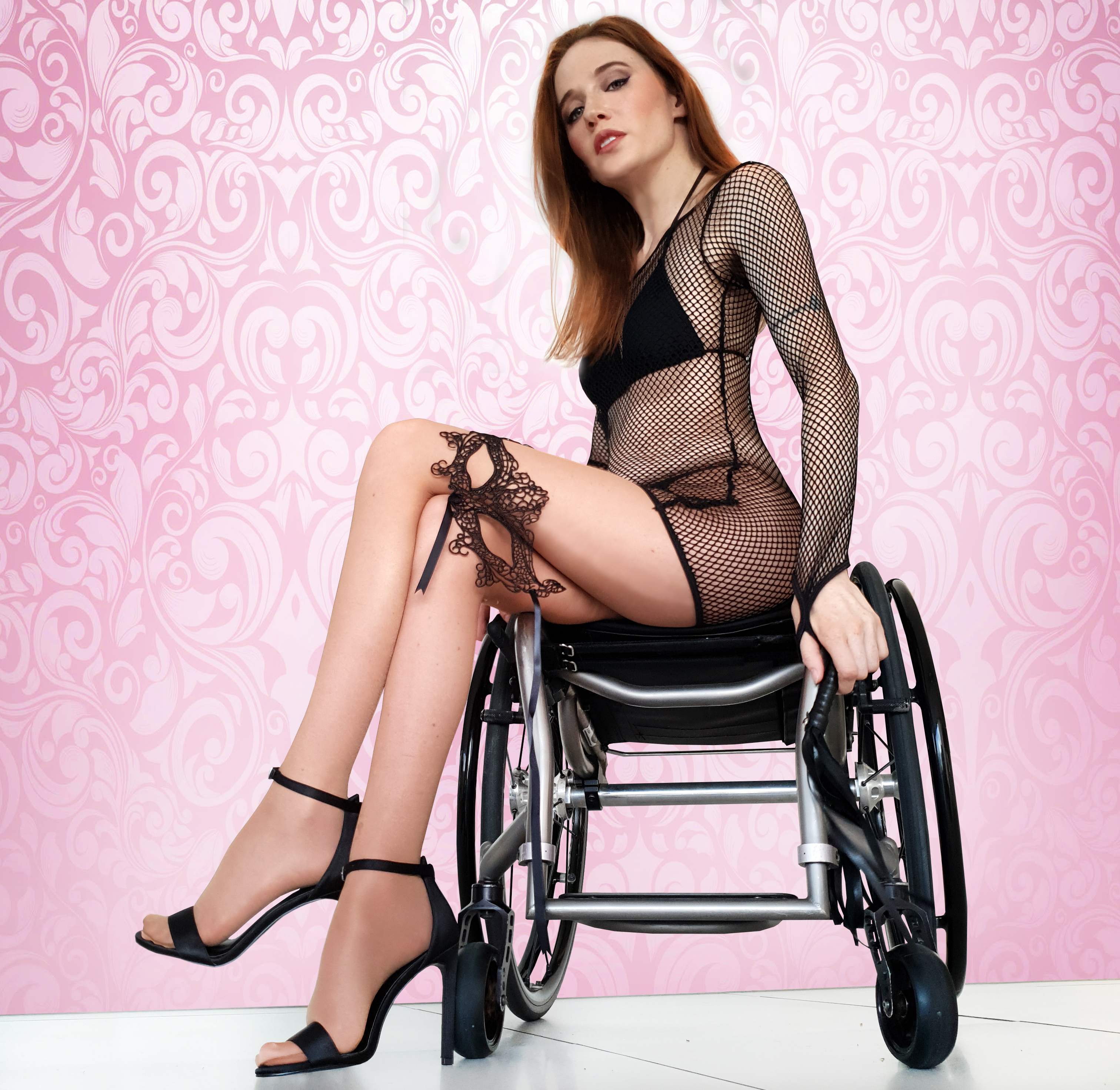This article originally appeared on VICE New Zealand.
Prior to Nadia’s accident, sex used to be fun. It was exciting; there was spontaneity, but most of all it was normal. But three years ago, it became a whole new territory she had to traverse. It wasn’t sex she found herself afraid of, but rather the constant explanations about why her legs might spasm, or why she had a sub-pubic catheter. Always vouching for her body—it made her feel like a broken record and she worried what people would think. “I felt like I needed cue cards, like, ‘Hello, my name is Nadia and I have this and this might happen, it’s okay if my leg spasms.'”

Claire, 40, was injured in 1995. She says she was quite happy with one-night stands in her 20s because, for her, sex was all about having fun and experimenting. “For me it was like, I’m doing them more of a favor in a way. I rephrased it in my head so it wasn’t like ‘I have these problems they’re helping me with’, it was ‘I’m wonderful for helping them out.’ That was the only way I could really deal with it back then.”
Sex for people with spinal cord injuries is about thinking outside the box and pushing boundaries because it’s not all about penetrative sex anymore. The nature of the injury results in a disconnection between genitals and the brain, so even though someone may be turned on, it may not show physically. This means patience and understanding, but also exploring other options and methods of stimulation. Claire says there should be education about the brain because it's a “real sexual organ if people knew what to do and how to use it.”
She talked to her current partner for months before they met in person and they got to know each other well. Later, he told her that if they’d met in a bar, he never would’ve spoken to her because she was in a wheelchair. Claire has found social media an extremely useful tool in breaking down barriers, especially among young people. “Three years ago… that’s when I went onto social media for the first time and suddenly saw all these women around the world who were presenting themselves in this really sexy way.
“I went through years and years of hating my body and loathing it and not thinking I was of value… yet now there seems to be a lot more body confidence with regards to injury.”
Cody, too, wants to harness the power of social media, and is thinking of starting his own YouTube channel to educate able-bodied people about people with spinal cord injuries. His final words of wisdom are to not let your limitations affect your outlook. “Don’t let what you can’t do affect what you can do.”
Sign up for our newsletter to get the best of VICE delivered to your inbox daily.
Follow Zahra Shahtahmasebi on Twitter.
from VICE https://ift.tt/2zEeJt4
via cheap web hosting
No comments:
Post a Comment